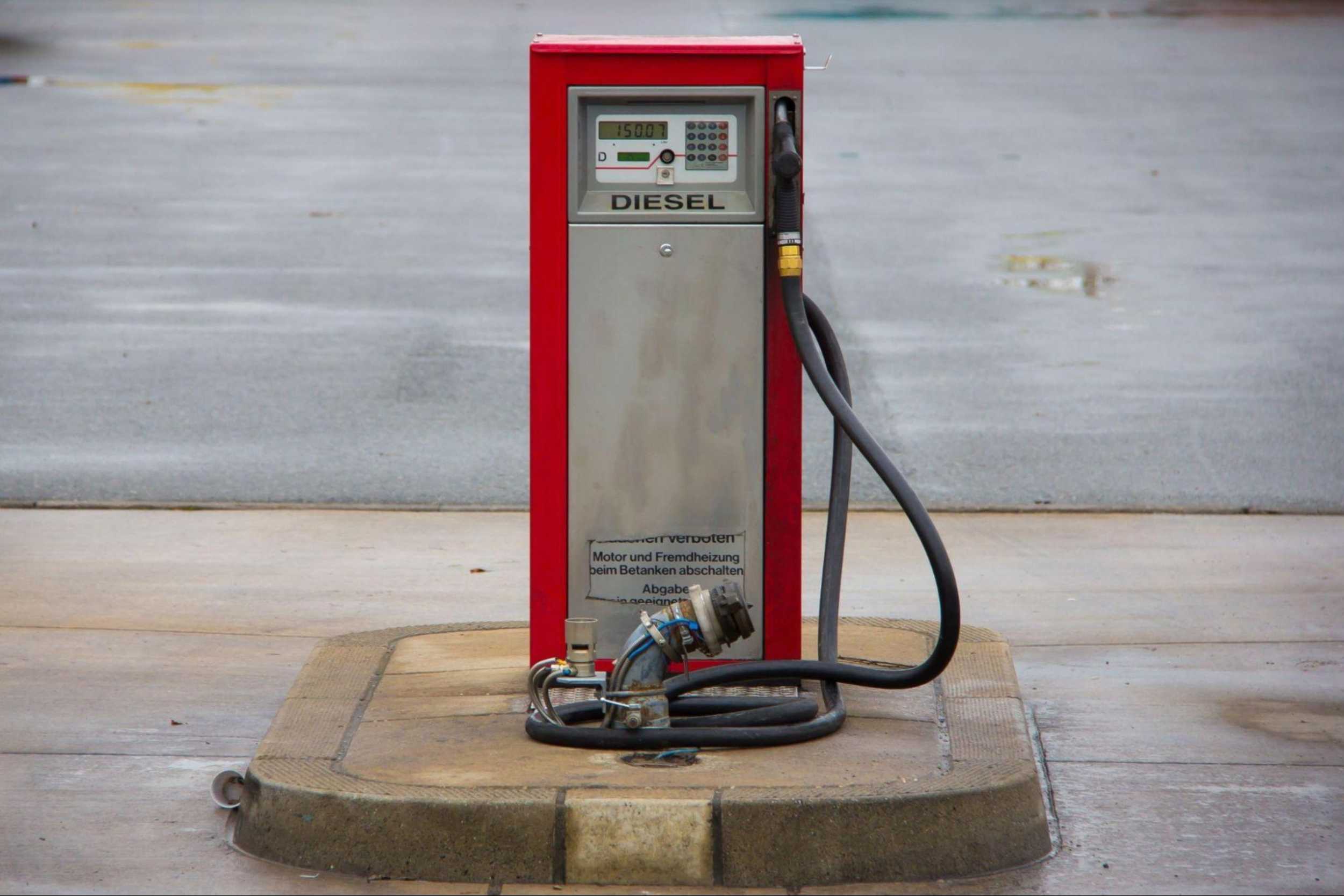Farm Fuel Additives: Protecting Machinery and Improving Efficiency

Fuel is the engine that drives every farm operation—from powering tractors and combines to heating livestock buildings and running generators. But even high-quality fuel can deteriorate over time or fail to perform optimally under tough agricultural conditions. This is where farm fuel additives come into play. These chemical compounds enhance fuel performance, protect equipment, and help maximise operational efficiency.
Whether you're dealing with seasonal downtime, cold temperatures, or the demands of modern diesel engines, the right farm fuel additive can be a cost-effective solution for better performance and longer equipment life.
What Are Fuel Additives?
Fuel additives are compounds added to diesel or petrol in small quantities to improve specific properties. They can:
Enhance combustion efficiency
Prevent corrosion
Stabilise stored fuel
Improve cold weather performance
Clean internal components like injectors and fuel lines
For farmers who store large volumes of fuel on-site or rely on diesel engines daily, additives can be a critical investment in fuel economy and machine longevity.
Why Are Fuel Additives Important for Farms?
1. Protection During Long-Term Storage
Farms often store fuel in bulk tanks for months at a time. Without treatment, diesel can degrade due to:
Oxidation
Moisture contamination
Microbial growth (commonly known as diesel bug)
Fuel stabilisers and biocides help maintain fuel quality during long storage periods, ensuring it remains clean, efficient, and safe to use when needed.
2. Cold Weather Performance
In winter, diesel fuel can “gel” or thicken, clogging filters and preventing engines from starting. Cold flow improvers lower the temperature at which fuel begins to solidify, ensuring reliable performance in frosty conditions. This is especially important for farms in northern regions or those operating early in the morning when temperatures are lowest.
3. Injector and Engine Cleaner
Over time, diesel injectors and fuel systems can accumulate deposits that reduce engine efficiency and increase fuel consumption. Additives with detergent properties clean these components, resulting in:
Smoother engine operation
Better fuel economy
Fewer breakdowns and maintenance issues
4. Lubricity Restoration
Modern diesel fuels, especially ultra-low-sulphur diesel (ULSD), lack the natural lubricants once present in older fuels. This can cause wear on injectors and fuel pumps. Lubricity-enhancing additives help protect these components, extending engine life and reducing costly repairs.
5. Emission Reduction and Combustion Improvement
Some additives, like cetane boosters, enhance the combustion characteristics of diesel, leading to:
Improved throttle response
More complete fuel burn
Lower particulate and NOx emissions
For farms concerned about sustainability or meeting emission standards, these additives offer a practical way to reduce environmental impact.
Common Types of Farm Fuel Additives
Here are the most common additives used in agriculture:
Cetane Improvers: Increase combustion efficiency in diesel engines.
Injector Cleaners: Remove and prevent deposit build-up in fuel systems.
Cold Flow Improvers (Anti-Gel): Prevent fuel thickening in low temperatures.
Fuel Stabilisers: Extend the shelf life of stored fuel.
Biocides: Kill microbial contaminants like diesel bug.
Lubricity Enhancers: Add back lubrication to protect fuel system components.
These additives can be mixed directly into fuel tanks or, in many cases, supplied pre-mixed with your bulk fuel order by your agricultural fuel supplier.
Choosing the Right Additive
The best additive for your farm depends on a few key factors:
Fuel type (e.g., red diesel, white diesel, HVO)
Climate and seasonal conditions
Fuel storage duration
Machinery age and fuel system technology
Your fuel supplier can often recommend or provide the right additive blend for your needs, and many offer additives as part of their fuel delivery service—especially in colder months.
Conclusion
Fuel additives may seem like a small addition to your farm’s input list, but they deliver big benefits. From protecting machinery to improving fuel performance and preventing costly downtime, additives are a smart investment for any operation that relies heavily on diesel-powered equipment.
By working with a reliable fuel supplier and choosing the right additive solutions, farmers can safeguard their equipment, optimise fuel use, and operate more sustainably—season after season.
Note: IndiBlogHub features both user-submitted and editorial content. We do not verify third-party contributions. Read our Disclaimer and Privacy Policyfor details.







